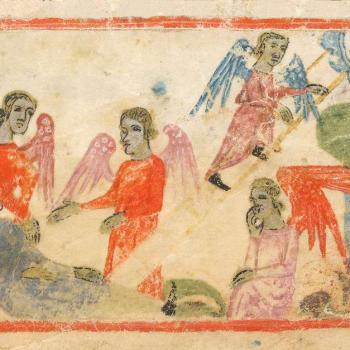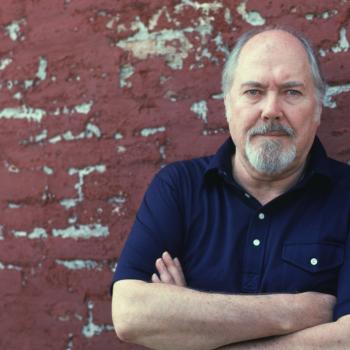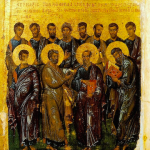
Source: Flickr user meltwater
License
I saw another list. The internet is a tyranny of lists. At first, I enjoyed participating, ranking my own taste against that of, well, everybody else. But now, now I’ve seen too many lists, had my heart broken one too many times. This list was about TV shows. Nearly every winner premiered in the last 25 years, with a hefty weighting toward the more contemporary. Where’s the fun in that? Has nobody ever heard of Ernie Kovacs? I’m only 30, for God’s sake.
Faced with another defeat, I had to see if anything I liked was actually any good. Where better to start than the original Twilight Zone (1959-1964). I grew up with the News Years’ and July 4th marathons. Sure, it’s a hodgepodge of morality tales, sometimes so thick with allegory Rod Serling felt the need to offer an interpretation in the closing narration. You know, for good measure. Sure, it’s in black and white and wasn’t made by HBO. But was it so paltry it couldn’t make a top 50 list? “The Dummy” seeped into my developing brain so thoroughly that images of Willy’s face haunted me for years. Occasionally, my brain, no apparent reason to be seen, screeches “it’s a cookbook!” How bad can a show that induces such childhood trauma be?
Looking for a place to begin my quest, an episode I’d never seen caught my eye, “Night Call” from season five. Directed by Jacques Tourneur of Cat People (1942) and Out of the Past (1947) fame, “Night Call” is replete with tension from beginning to end. Elva Keene (Gladys Cooper) is an elderly, disabled woman who lives alone in a cabin in the country. More than this, she is lonely, only ever seeing her daytime aide. Elva waits and waits by her phone; it’s her only connection to the world.
That is, until one night during a storm when her phone rings—no voice on the other side. The calls become more and more frequent even as the caller becomes bolder and bolder. “Hellllooo,” it rasps over and over. “Who are you?” Elva screams. The disembodied caller sounds like a zombie creaking out its first words after decades of dusty sleep. Eventually it even seems to know her name, who she is.
Her little cottage seems to grow dimmer and dimmer, more masked by shadow; Elva succumbs to hysteria.
But that’s just the thing: she’s not hysterical, not really. She reacts exactly how many elderly people would. I’ve seen it with, I regret to say, my own eyes: a growing loneliness. As her aide keeps jabbing, she needn’t pick up the phone. But what else is there to do? Who would harass someone otherwise so alone? Why? And why give up the one connection she has to the outside world? Elva must know; the voice must account for itself. Elva begins calling the phone company like she’s praying the Liturgy of the Hours. They must know.
The original short story by Richard Matheson (who also co-wrote the teleplay with Serling) ends differently, but that’s no matter. “Night Call” is The Twilight Zone at its best; it distills this creepy feeling down to its bare essence. It offers just enough realism to feel plausible, for me to imagine just such an old woman having just such an experience. But the terror feels preternatural, something unknowable pervasive. Plus, the moral ain’t half bad.
Maybe I’ll make a series of this—who’s to say? Me, I guess. There’s much Twilight Zone to be watched, and I need to see why my taste, it seems, is so bad.
















